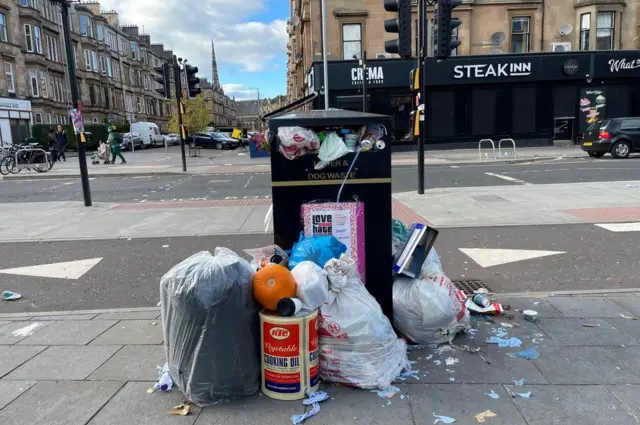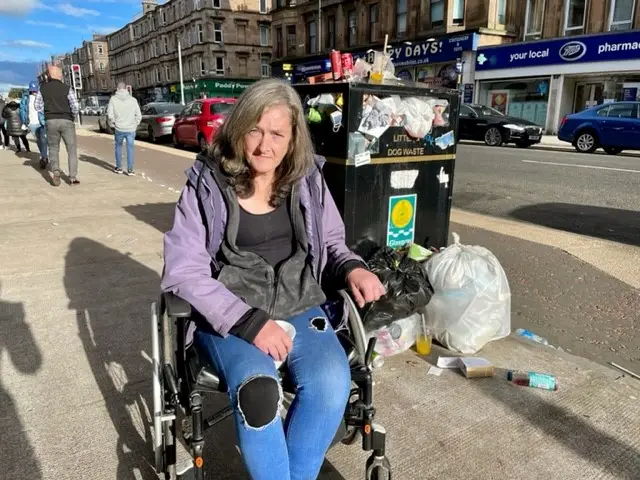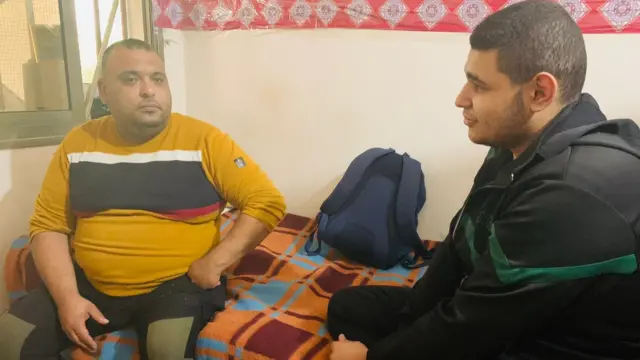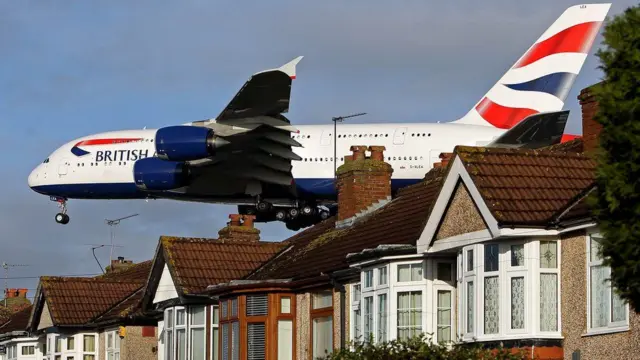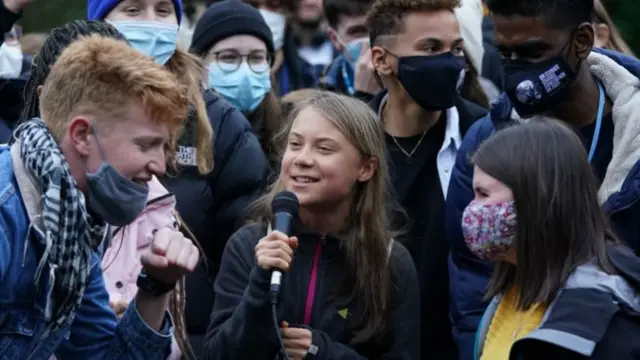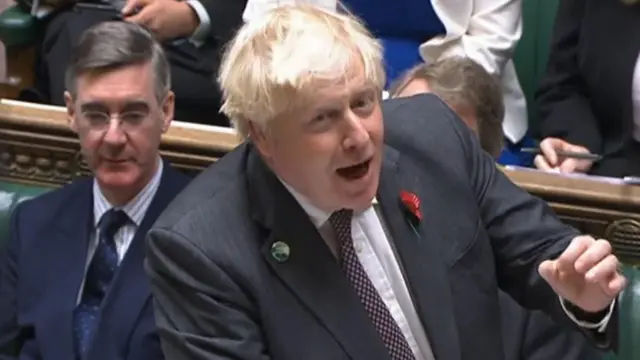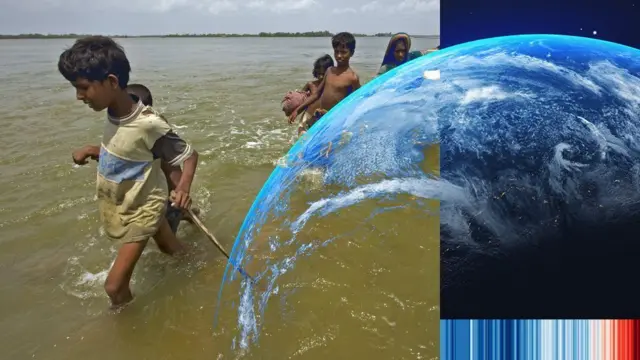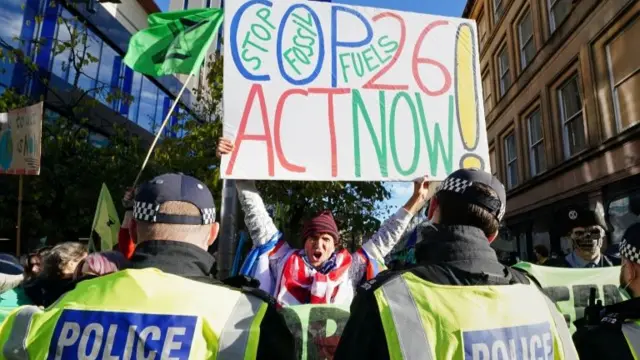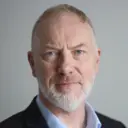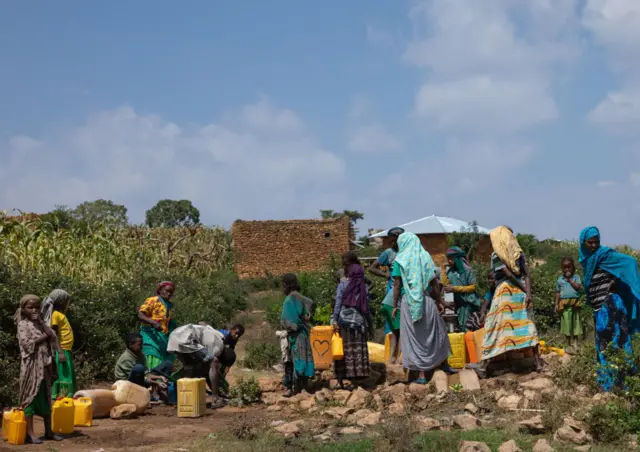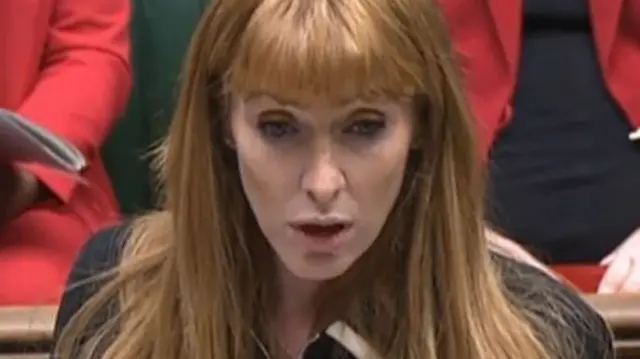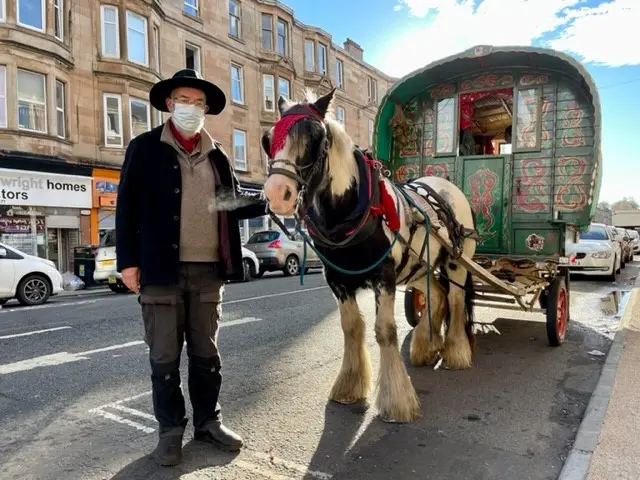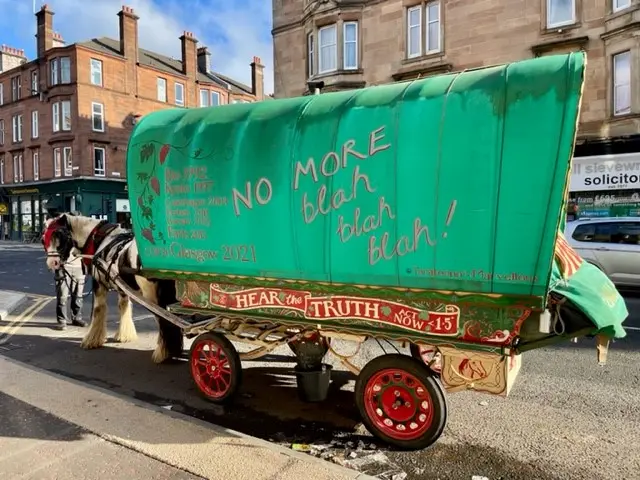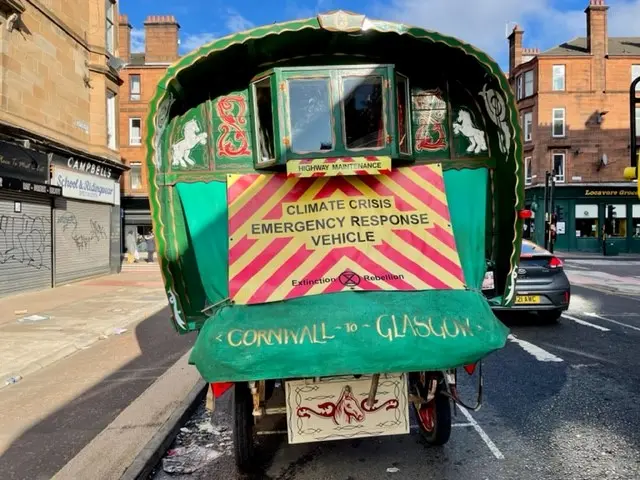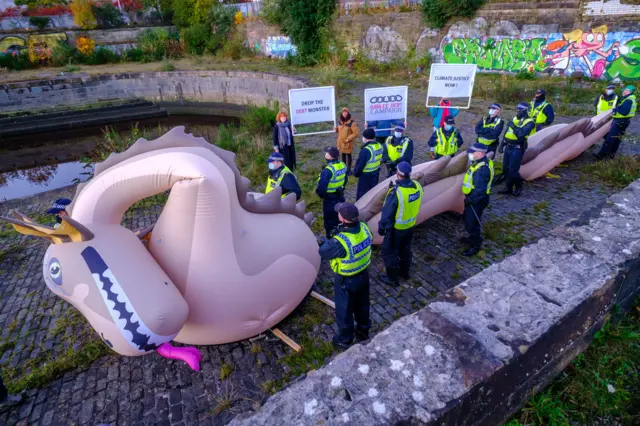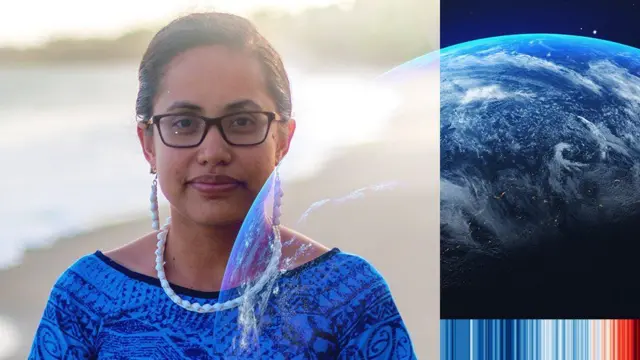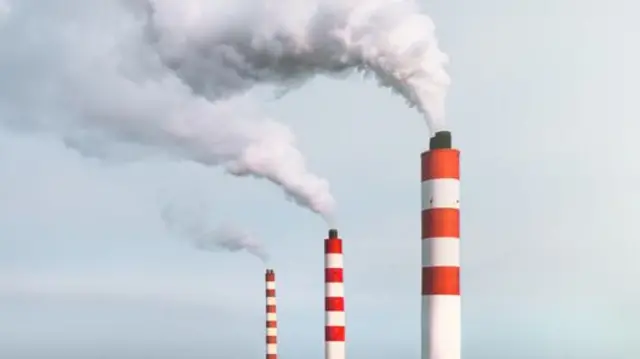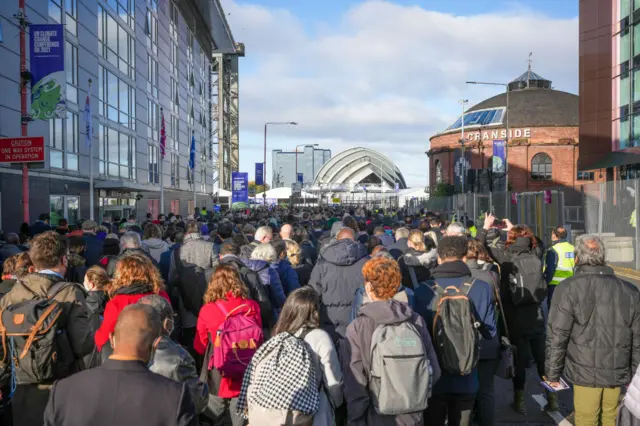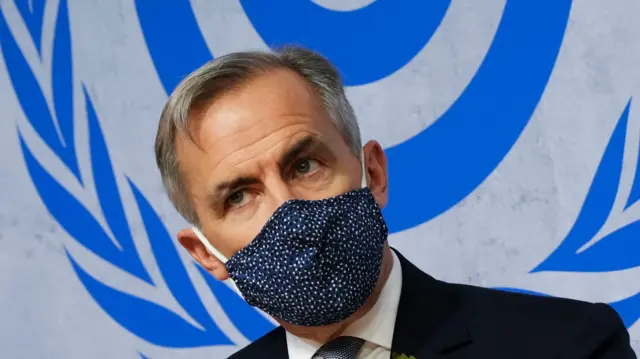What did we learn from the COP26 president's news conference?published at 14:51 GMT 3 November 2021
 Adam Fleming
Adam Fleming
Chief political correspondent
The COP26 President Alok Sharma and his UN counterpart Patricia Espinosa have been holding a news conference, as the more intense technical negotiations get under way. They struck some familiar notes but gave some interesting hints.
Sharma suggested that the OECD, the rich nations’ financial think tank, might like to update their analysis of how much money has been committed to poor countries to reflect some pledges made at the conference.
This is a big dividing line in Glasgow.
Espinosa hinted that there could be an updated tally of countries’ latest carbon reduction pledges and how they compared to the targets in the Paris Climate Change Agreement later this week.
Sharma also politely rebuffed the Chinese, who said yesterday they would prefer to focus on avoiding 2C of warming rather than the more stretching 1.5C, by saying the UK's was an “unapologetically high ambition presidency”.
And both expressed their regrets about logistical issues that led to complaints about big queues and too little access to the negotiations for observers and charities.
